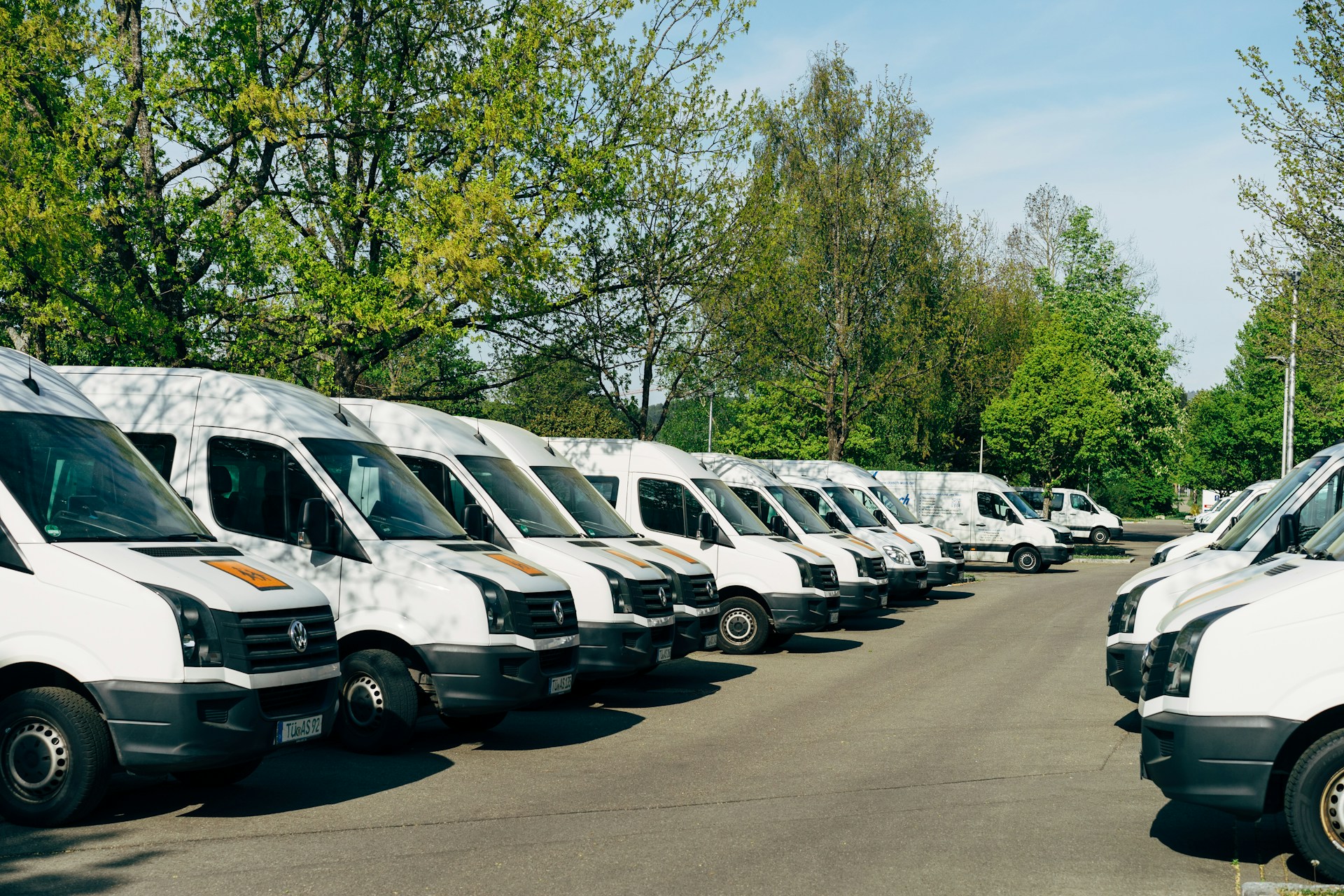
Motor Fleet Insurance
#
What is Covered?
Motor Fleet Insurance typically encompasses:
Third-Party Liability: Covers injury or damage caused by any insured vehicle to other people’s property or health.
Comprehensive Cover: Protects against accident-related damage to your fleet vehicles, as well as non-collision perils like theft, fire, or natural disasters.
Breakdown Assistance: Offers support if a vehicle breaks down, helping to minimize disruption to operations (often available as an add-on).
Windscreen and Glass Cover: Addresses repair or replacement costs for windows and windscreens damaged while on the road.
Personal Accident Coverage: Some policies include medical expenses or compensation if drivers or passengers are injured in an accident.
Fleet policies are flexible, allowing businesses to select coverage levels and extras tailored to their vehicle types, usage patterns, and operational needs.
Who Needs Motor Fleet Insurance?
Any organisation running multiple vehicles can benefit from a fleet policy, including:
Logistics and Delivery Companies: Relying on timely, safe transport of goods between warehouses, stores, or direct to customers.
Sales or Service Teams: Frequent travel to meet clients or provide on-site services demands consistent, reliable coverage.
Rental Car Agencies: Managing a high volume of vehicles with varying drivers requires robust protection.
Construction and Trades: Trucks, vans, and specialized vehicles transporting equipment and personnel to job sites.
Public Transportation: Bus or taxi fleets that serve daily commuters or travelers.
By unifying coverage under one policy, businesses can streamline billing, handle claims more efficiently, and maintain consistent protection for their entire fleet.
What Is Motor Fleet Insurance and Why It Matters?
Motor Fleet Insurance provides coverage for businesses operating multiple vehicles—whether cars, vans, or trucks—under a single, consolidated policy. By bundling all vehicles into one plan, organizations simplify administration, potentially reduce costs, and ensure uniform coverage across the entire fleet. This is crucial for companies that rely heavily on transportation, as accidents, thefts, or breakdowns can lead to costly downtime, liability claims, and operational setbacks. Having a comprehensive fleet policy helps ensure business continuity, keeps drivers safer on the road, and provides financial protection against unexpected losses.
Common Risks Covered
Motor Fleet Insurance helps mitigate a variety of risks that could impact daily operations:
Accidents and Collisions: Even a minor fender-bender can disrupt deliveries, damage company vehicles, and lead to liability claims.
Theft and Vandalism: Commercial vehicles can be prime targets, resulting in lost assets and service interruptions.
Driver Error: Mistakes made by employees, such as rear-end collisions, might trigger liability for property damage or personal injury.
Weather-Related Damage: Extreme weather events can lead to costly repairs or total losses if the vehicles are severely damaged.
Uninsured or Underinsured Drivers: If a fleet vehicle is hit by someone lacking adequate coverage, a robust policy can cover repair costs and legal fees.
With comprehensive fleet coverage, businesses can focus on efficient operations without fear that a single incident could bring vehicle-related processes grinding to a halt.
Get in touch
Share with visitors how they can contact you and encourage them to ask any questions they may have.




Get in touch
Share with visitors how they can contact you and encourage them to ask any questions they may have.




FTC Insurance is authorised and regulated by the Financial Conduct Authority.Registered in England and Wales at 3rd Floor, 8 Devonshire Square, London, EC2M 4PL. Registered number: 09241439
0207 9234191
© 2025. All rights reserved.
